Ho Chi Minh City : Having a stable job and income, many workers choose to quit their jobs and wait until they have completed the year of not participating in social insurance to receive a one-time subsidy.
After nearly two months of hesitation and ignoring her family's advice, Ms. Nguyen Minh Ngoc decided to resign after more than 16 years working at Nidec Vietnam Co., Ltd. in the High-Tech Park (Thu Duc City). She started out as a worker but thanks to her efforts, she was promoted to a management position. Before quitting, her basic salary was nearly 15 million VND. If she worked overtime regularly and added allowances, her monthly income would be up to 30 million VND.
"I'm afraid that the minimum number of years of social insurance contributions to receive pension will be reduced from 20 to 15 years, and those who have participated for the full time will no longer be able to withdraw," Ms. Ngoc said about her reason for quitting her job.
Ngoc was married but had no children. At the age of 47, she began to think about her old age and made plans for herself. "If I don't withdraw the money, I will lose everything when I die," the female worker said. She temporarily estimated that the amount she received would be about 300 million VND, which she would deposit in the bank, earn monthly interest, and save the principal for her old age.
Currently, to make money to cover her living expenses, she rents a space and opens a restaurant. The monthly cost of maintaining the restaurant is nearly 40 million VND. Every day, she wakes up at 4:30 a.m. and finishes work at 2 a.m. "The restaurant has just opened and doesn't have many customers yet, but it will be okay in a few months," Ngoc estimates.
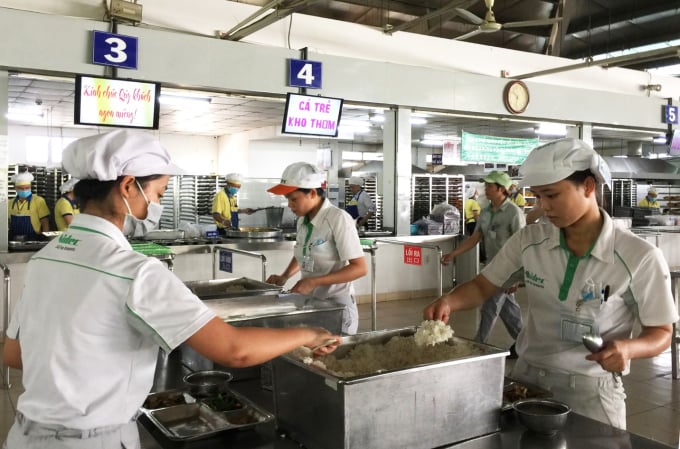
Nidec Vietnam workers during lunch break. Photo: An Phuong
Ms. Ngoc is not an isolated case at the Nidec factory who has voluntarily quit her job to receive a one-time subsidy. Mr. Luu Kim Hong, Chairman of the company's union, said that many senior workers and managers with monthly incomes of 20-30 million VND have also submitted resignation applications to wait for insurance withdrawal. The reasons given by the workers are that they need money to take care of their children, repair houses in their hometowns, or use the money as capital for freelance business...
In particular, the most common reason is that workers worry that if they don't withdraw, they will "lose everything when they die". In the past two years, when there was a lot of information about reducing the minimum contribution period to receive pension or reducing the amount of benefits, the number of people quitting their jobs to withdraw insurance increased. "Many workers only think about the one-time subsidy," said Mr. Hong.
Similarly, for nearly two years, each month, the Juki Vietnam factory in Tan Thuan Export Processing Zone has had about 1% of its employees quit, more than half of whom are long-term employees. Mr. Nguyen Phuoc Dai, Chairman of the company's union, said that when he saw many managers and long-term workers with high salaries suddenly submit their applications, the union asked and learned that the reason was to withdraw insurance money.
There was a manager with 19 years of seniority and a fairly high salary who proposed to the company to terminate their labor contract but still work seasonally to avoid social insurance payments. A year later, when they withdrew their money, the company re-signed the contract. "The board of directors did not agree because it was against the law. The company advised them to stay but they still quit," said Mr. Dai.
Mr. Dao Quoc Cuong, permanent director of Juki Vietnam Co., Ltd., said that Japanese corporate culture always values skilled workers who have been with the company for a long time. This is demonstrated by the annual salary increase policy and the appointment of management positions. Long-term workers have very good basic salaries. Those who are eager to learn and have the will will be given opportunities to develop. However, despite many ways to retain workers, they still choose to quit to receive a one-time allowance.
According to Mr. Cuong, workers who quit their jobs to withdraw their insurance not only affect the company's human resources but also take on many risks. Workers have to start a new journey with a very low starting salary, and if they are unlucky enough to not find a job, their lives will be precarious until old age.
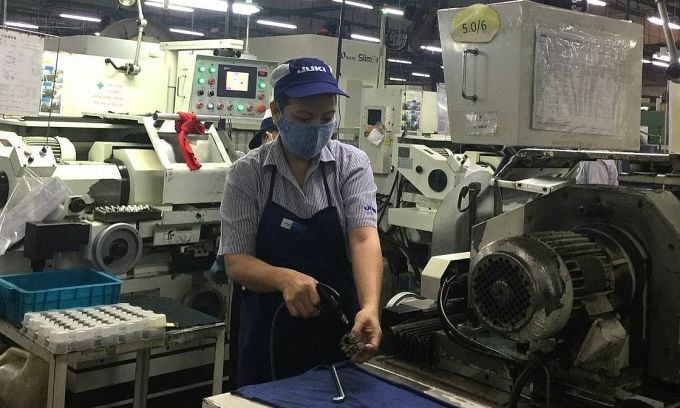
Juki factory workers during production hours. Photo: An Phuong
At a recent meeting to provide comments on the draft amendments to the Social Insurance Law organized by the Vietnam General Confederation of Labor in Ho Chi Minh City, the situation of workers voluntarily submitting resignation applications to wait for insurance withdrawal was mentioned by union representatives from southern provinces. Some factories in Dong Nai and Long An had more than half of their workers submitting applications with the purpose of waiting for insurance withdrawal, which affected production. Union officials came to organize dozens of consultation sessions for workers to withdraw their applications.
Mr. Nguyen Phuoc Dai said that many workers calculate that during the time off work waiting to receive insurance withdrawal, they can do seasonal work. Not to mention, during this time they still receive 12 months of unemployment benefits. For workers aged 35-40, if they return to the factory to continue participating in insurance, they can still have enough time to receive pension.
However, workers who have not calculated the risks will not be able to find a new job or the insurance period is not enough to receive a pension due to health problems, economic recession and labor cuts. In fact, insurance policies encourage workers to pay long-term to get a high pension. For example, a worker who pays insurance for 30 years will receive a pension of 75%, while paying for 15 years will receive only 45%.
Mr. Nguyen Hai Dat, national coordinator of the Social Security program (International Labor Organization in Vietnam), said that in addition to limited communication, workers quit their jobs to withdraw their insurance. Another issue that needs to be clarified is the correct understanding of social security policies.
"Social security is a responsibility and sharing of everyone, not savings to be withdrawn," said Mr. Dat. The core of social insurance is a system to support and protect workers against risks in life such as old age, illness, unemployment, etc. That support comes not only from the contributions of participants and employers but also from the entire system.
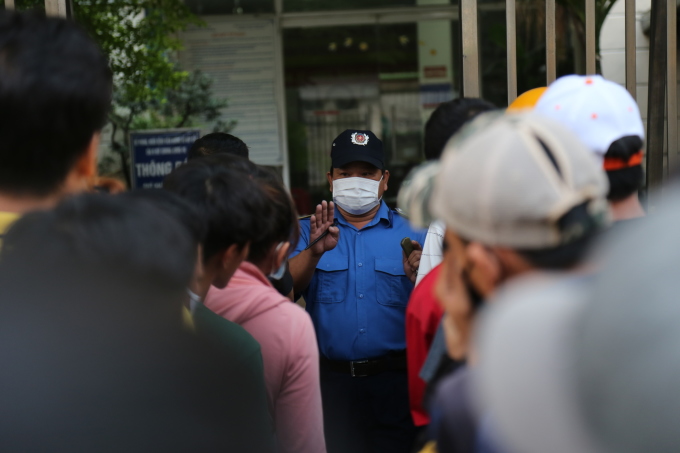
People wait to withdraw their one-time social insurance at the Social Insurance Department of Hoc Mon District, Ho Chi Minh City, April 11. Photo: Dinh Van
In addition, to make businesses contribute 14% of their salary to the pension fund, the Government must use legal tools to force them. This amount is exempt from tax, businesses calculate it into the cost of producing goods and services and are consumed in society through prices, meaning society has paid to ensure social security for workers.
"To have the best protection system for citizens, there needs to be solidarity and sharing from all participants. Because if one person withdraws, it will not only affect them personally but also affect others," said Mr. Dat.
According to Mr. Dat, in addition to helping workers understand insurance policies to make the right decisions, Vietnam needs to create a culture of "enjoying social security" through subsidies from a number of short-term funds that are currently accumulating a lot of surplus. When more "carrots" are given during the participation process, workers will see the benefits to stay in the system.
Le Tuyet
Source link



![[Photo] Police blocks parade on Le Duan Street](https://vphoto.vietnam.vn/thumb/1200x675/vietnam/resource/IMAGE/2025/9/2/8f607af025d5437d828366c5e911bbda)
![[Photo] Parade groups bid farewell to the people after completing mission A80](https://vphoto.vietnam.vn/thumb/1200x675/vietnam/resource/IMAGE/2025/9/2/36d202d43ecc4ca8aede59a0e99f32ed)
![[Photo] The heroic and lovely moment when the armored vehicle passed by Hanoi Flag Tower](https://vphoto.vietnam.vn/thumb/1200x675/vietnam/resource/IMAGE/2025/9/2/5b07b9f62ee94db287a0ae3a27b6db51)

![[Photo] Bustling atmosphere at Ba Dinh Square on National Day](https://vphoto.vietnam.vn/thumb/1200x675/vietnam/resource/IMAGE/2025/9/2/c441c931800d4ff8a4a5b2ed4d4c496b)
![[Photo] The army marched proudly on the street with loud cheers.](https://vphoto.vietnam.vn/thumb/1200x675/vietnam/resource/IMAGE/2025/9/2/c0dc9a5121094991bd7c5a02166b3a4f)












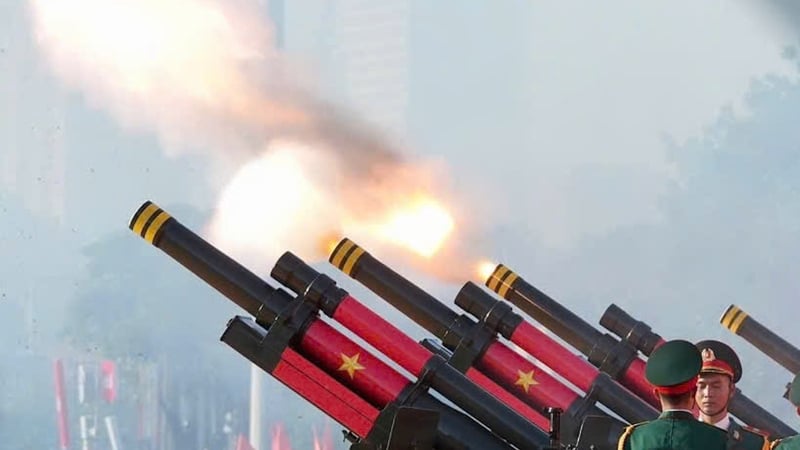


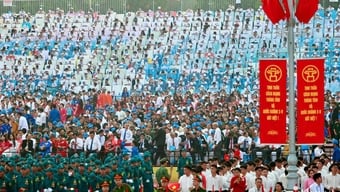









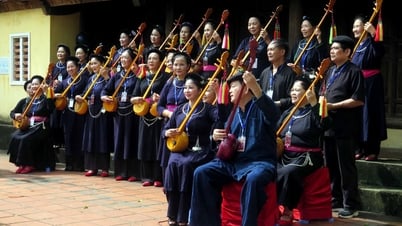
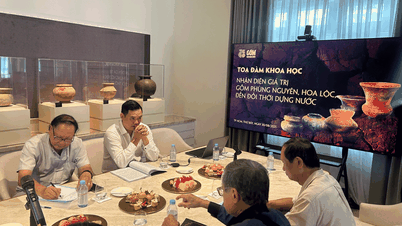

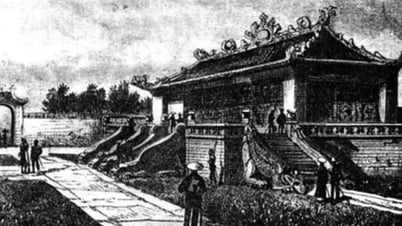
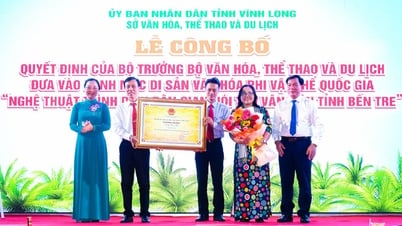





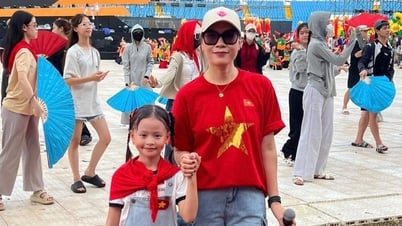
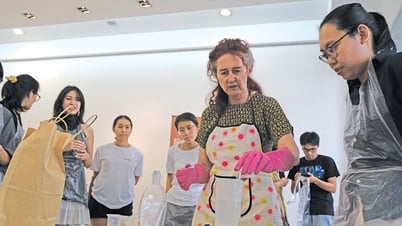

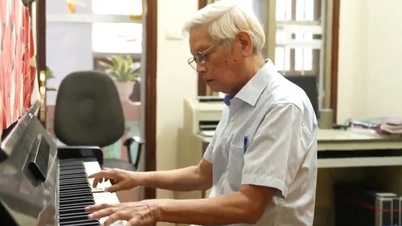











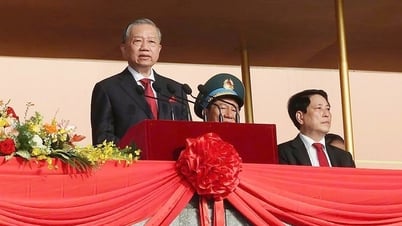
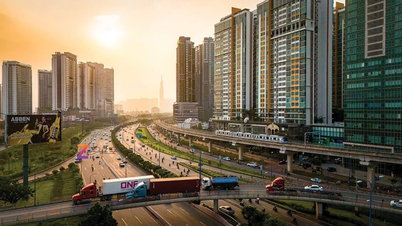
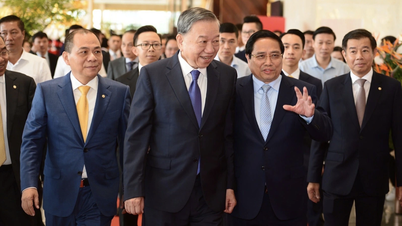

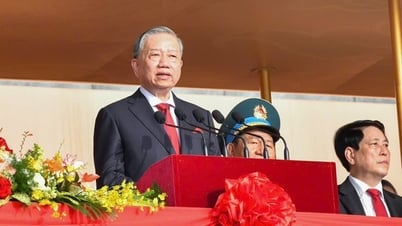

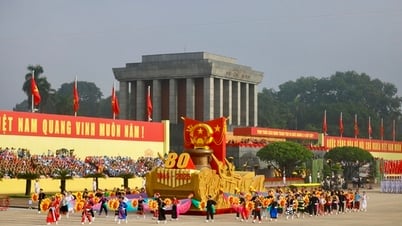
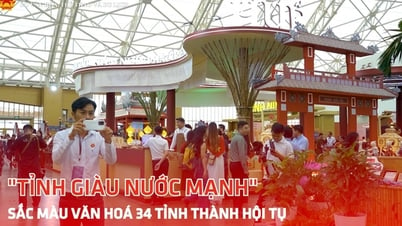


![[Live] Parade and march to celebrate the 80th anniversary of the August Revolution and National Day September 2](https://vphoto.vietnam.vn/thumb/402x226/vietnam/resource/IMAGE/2025/9/2/ab9a5faafecf4bd4893de1594680b043)


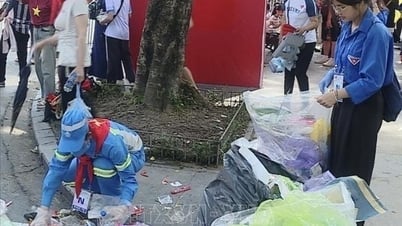


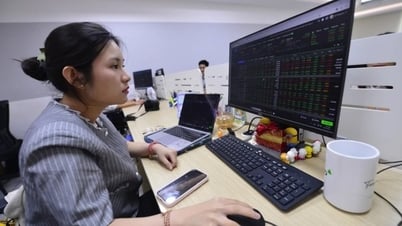

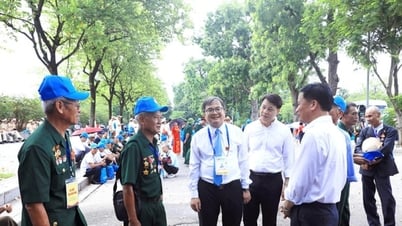
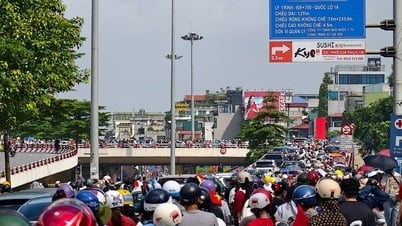
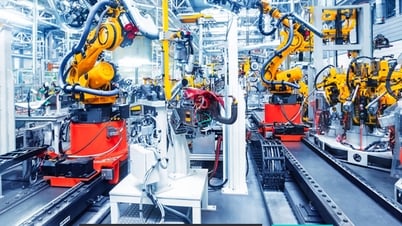
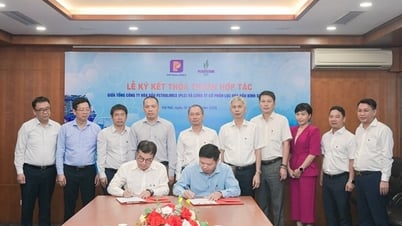

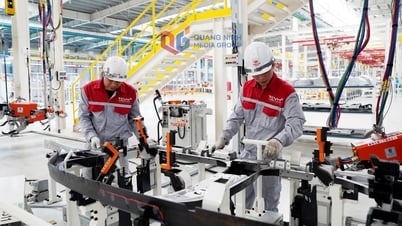
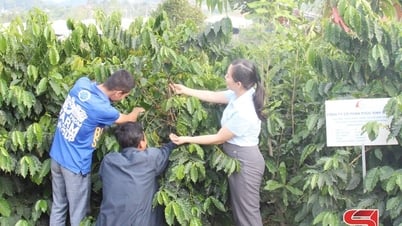

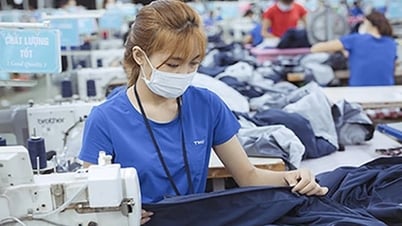
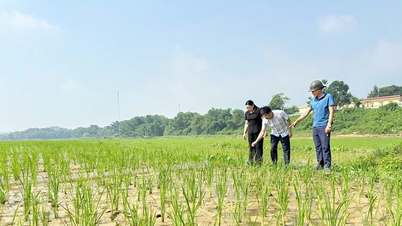




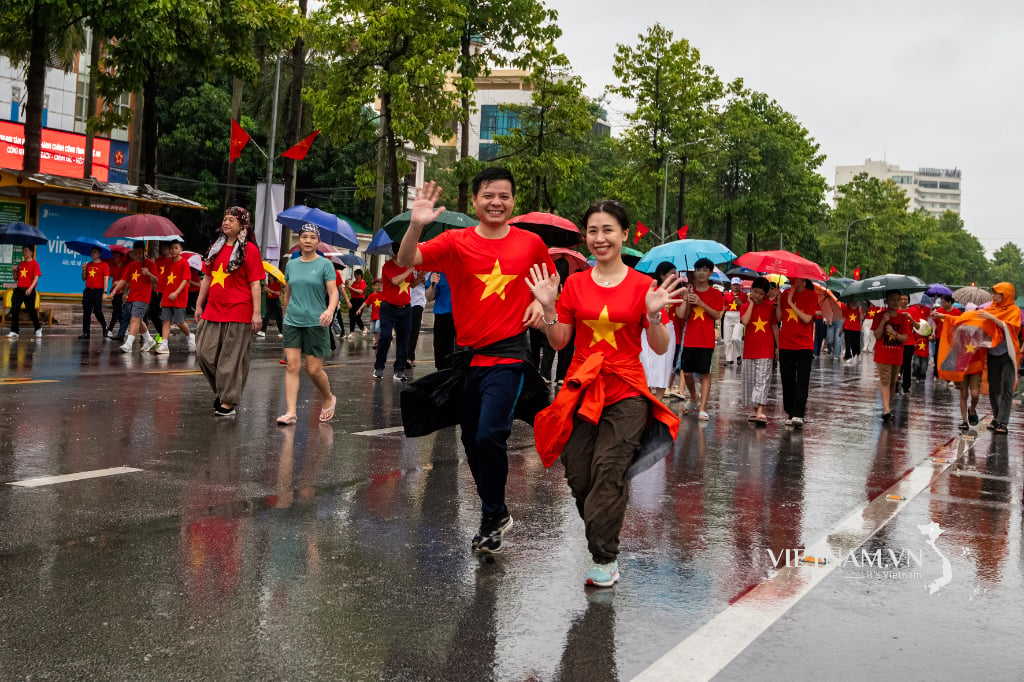
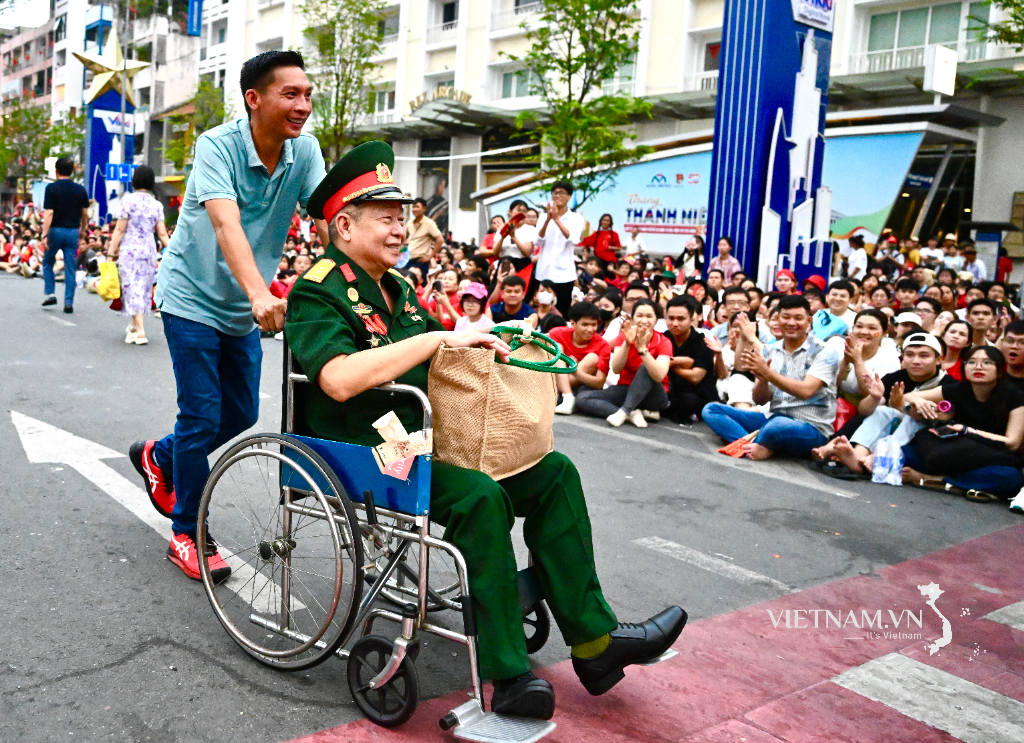
Comment (0)